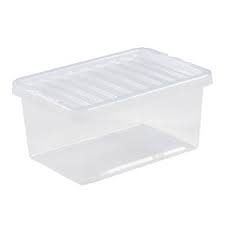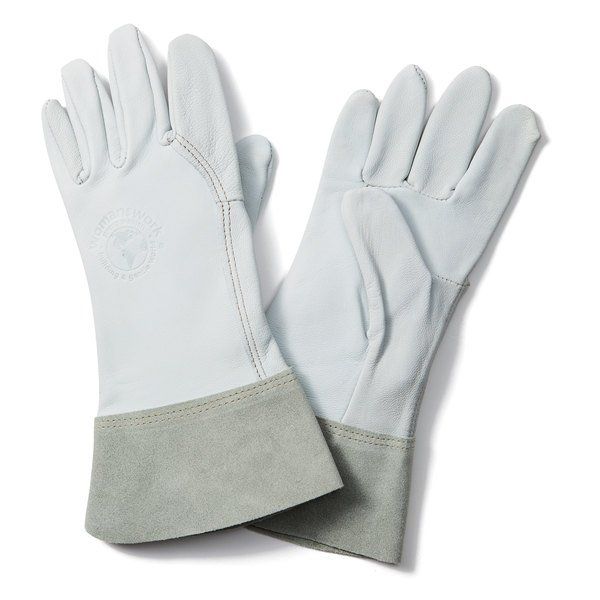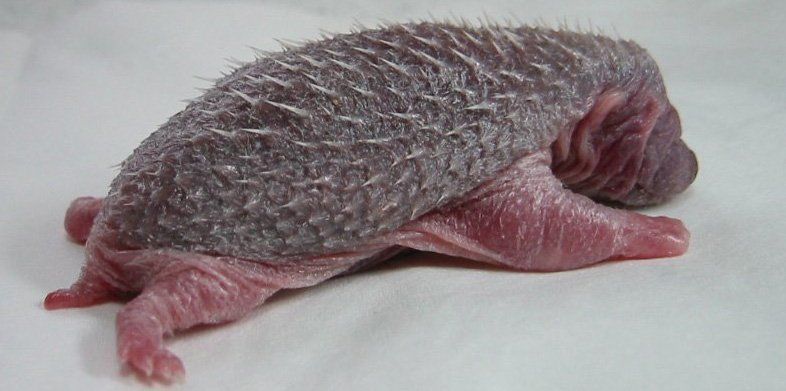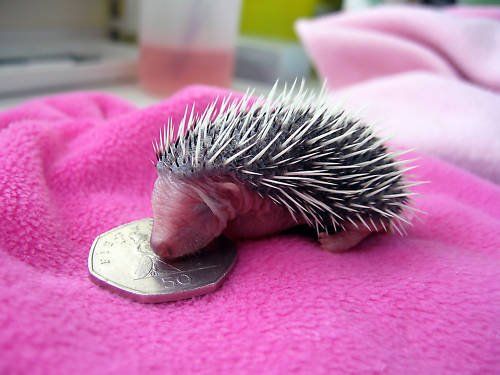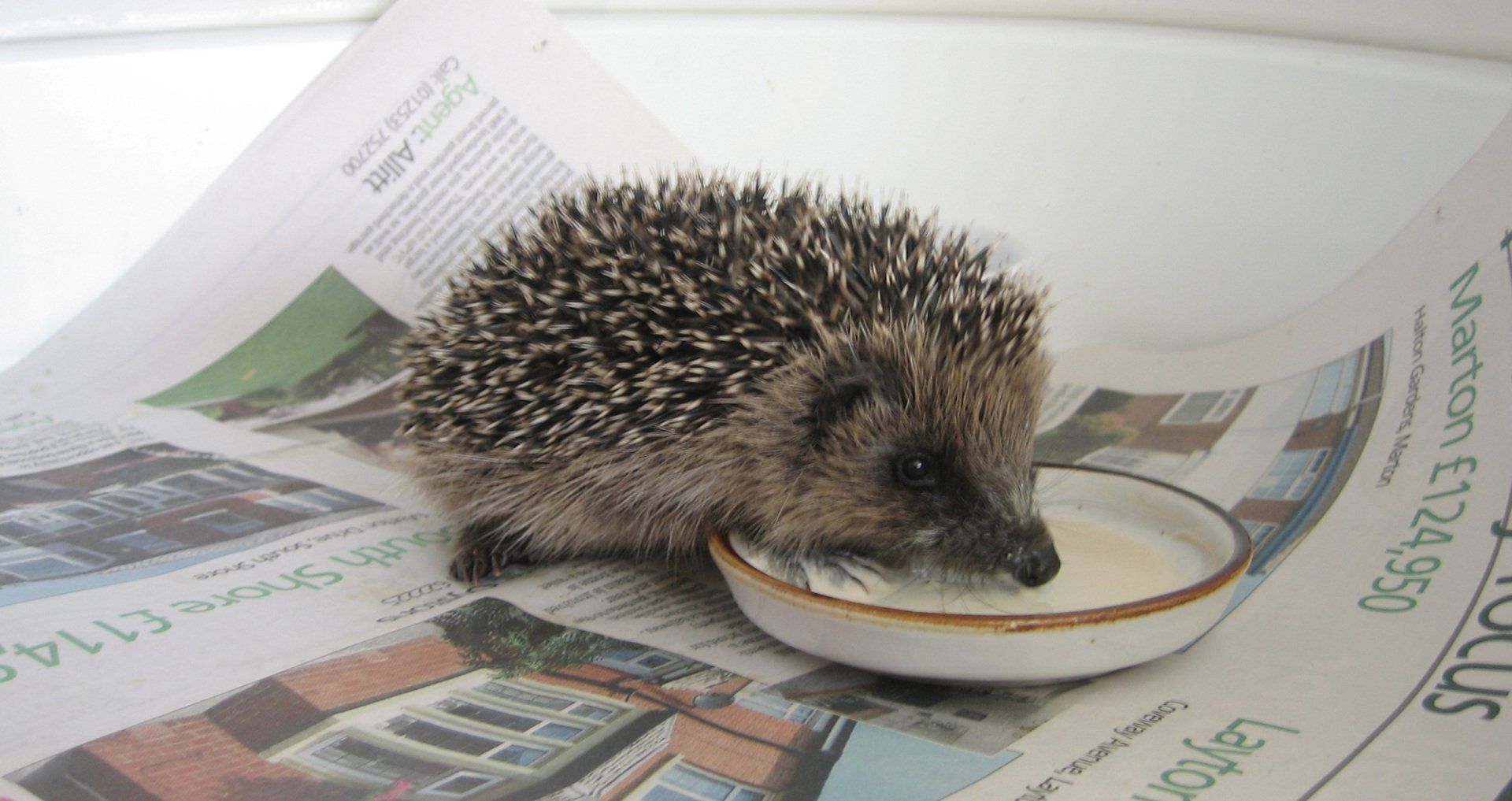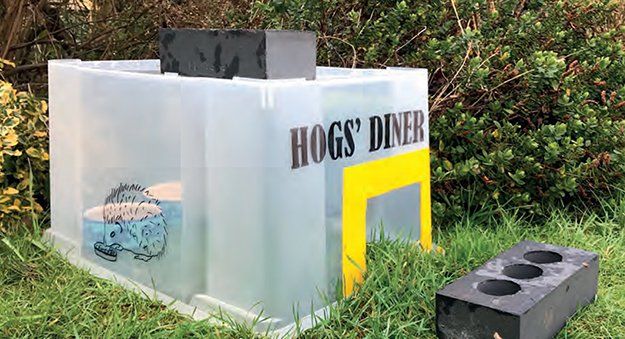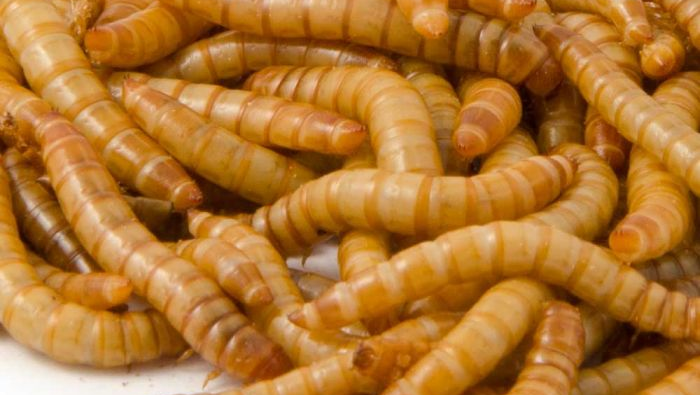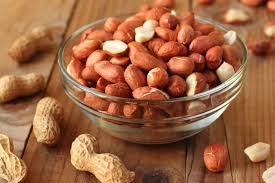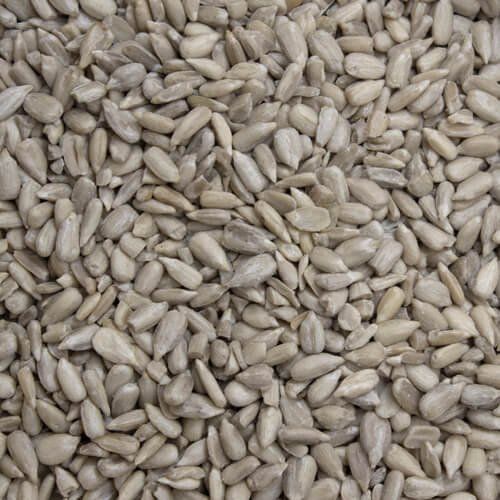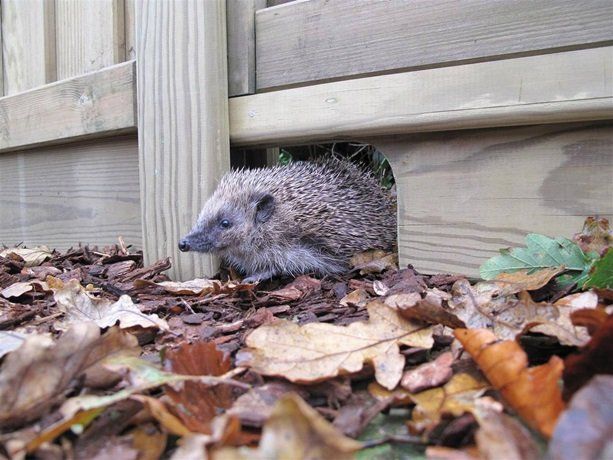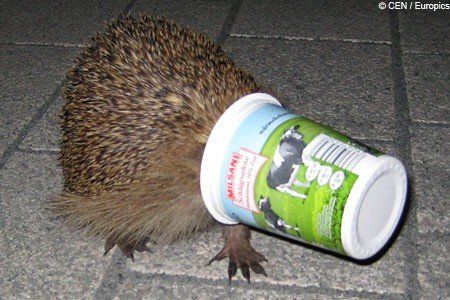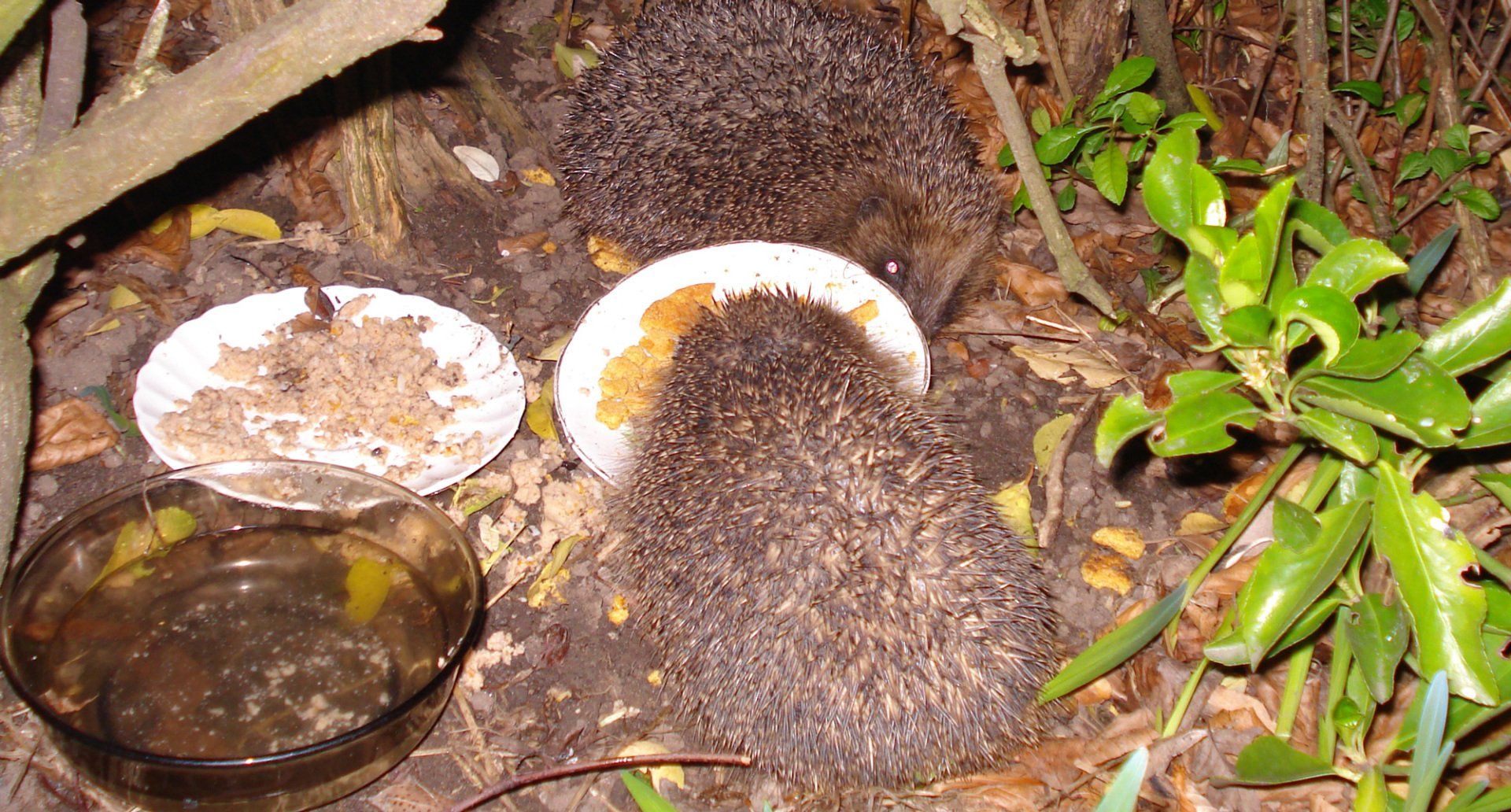Information
Information
What to do should you find a hedgehog that may need rescuing
What to do should you find a hedgehog that may need rescuing
A hedgehog seen out and about during daylight hours is in distress and needs help.
- Please don't leave him - use a towel or gardening gloves to pick him up, pop him into a high sided box and bring indoors.
- Note where you found it, depending on the time of year, if its a female it might be desperately searching for food for its hoglets.
- Fill a hot water bottle with warm water, wrap it in a towel, place it underneath the hedgehog and then cover him with another towel.
- Leave the box somewhere quiet away from children and pets, then ring your local Rescue Centre for advice.
- Please do not give the hedgehog anything to eat as this may interfere with any treatment it may need. Offer only water, and never give a hedgehog milk to drink as hedgehogs are lactose intolerant.
An emergency is when you see a hedgehog:
- Struggling to breathe
- Lying on its side, collapsed or unable to stand
- Tangled up in netting, caught in a trap
- Squealing
- Bleeding, injured, struggling to walk, dragging a limb
- Lethargic
- Has flies around it
- A hoglet or hoglets out on their own during the day
Please do not bring hedgehogs to our Hedgehog Hospital without calling first, it may be that it might need to be taken straight to a vet. Precious time could be saved.
Please do not leave an animal with any rescue centre unattended without a prior phone call.
- Give as all as much information as possible over the phone, where the hedgehog was found, what appears to be the problem, your contact details (phone number / email address) etc.
- Give a strict time when you can bring the hedgehog to us or we will advise you of this.
- Transfer your hedgehog into the box left outside the front door. Remember to bring gloves to do this.
- Do not transfer any food, bedding etc, just the hedgehog.
- Ring the doorbell so we know you are here.
- Take away your box and it's contents and return to your car.
- We will follow up if requested to do so via email / phone regarding your hedgehog's progress.
For all non-urgent enquiries please use the
Contact Form
We would not advise that you try to care for the animal yourself.
- Hedgehogs are very complex creatures and require specialist medical care and treatment in order to give them the best chance of a full recovery.
- Hedgehogs are not pets, they are a wild animal and should be treated as such if they are to recover and survive back in the wild.
- All our rescued sick and injured hedgehogs receive the specialist care required and are rehabilitated back into the wild directly from our Hospital Unit. We do not pass any rescued hedgehogs on to any untrained volunteers.
- Any volunteer for our charity would be required to attend The Vale / BHPS 'First Aid, Care and Rehabilitation of Hedgehogs' course at the Vale Wildlife Hospital in Beckford, and also have their home vetted.
The Five Freedoms. The Animal Welfare Act 2006 enshrines the animal owner's 'Duty of Care' in British Law:
- Freedom from hunger and thirst
- Freedom from discomfort.
- Freedom from pain, injury and disease.
- Freedom to express normal behaviour.
- Freedom from fear and distress.
Useful To Have Rescue Kit:
What to do should if you find abandoned baby hedgehogs
- If you should see baby hedgehogs wandering around in your garden on their own please contact your local Rescue Centre for advice ASAP. Please do not leave them until the following day - by then it might be too late to help them.
- Do not treat baby hedgehogs as you would treat a baby bird. A baby bird is different as the parents will still be around watching and feeding the fledgling.
- Baby hedgehogs wandering around on their own need help often after accidental nest disturbance, where the Mother has deserted the nest and babies.
- If you think the babies have indeed been abandoned or are in immediate danger, ring your local Rescue Centre for advice. In the meantime, leave the babies somewhere warm and quiet, away from children and pets.
How to help hedgehogs in your garden
Easy to make Hedgehog Feeding Station - photo courtesy BHPS.
This simple idea will protect the hedgehog's food from the weather and give the hedgehog shelter while he/she eats. It will also deter cats from taking the food.
A clear box will enable you to see when your visiting hedgehog is eating.
Carefully cut a 5" x 5" hole in the short side of the box. Cover sharp edges with insulation tape. Place the food and a dish of water right at the back of the box away from the entrance.
Place one brick on top to stop it from moving and another 5" away from the entrance (see photo) to stop cats etc getting at the food.
Hedgehogs and the real truth about eating slugs
Many people assume that by having a hedgehog visit their garden or allotment it will automatically solve their slug / snail problem. We now know that this is simply not the case. Slugs and snails form less than 5% of a hedgehog’s natural diet. The rest comes from earthworms, caterpillars, beetles and other insects. The truth is that they will only eat slugs and snails when they are starving and there is nothing else for them to eat.
Slugs carry the intermediate stage of lungworm. Lungworms are deadly parasitic nematode worms that live in a hedgehog’s lungs and the hedgehog becomes infected after eating infected slugs. A hedgehog with lungworm will have severe breathing problems, will be underweight and also have secondary infections / pneumonia. Once the worms are well established, there is little that can be done to save the hedgehog and it will die a slow and agonising death as it struggles to breathe.
We have learned over time that lungworm is extremely prevalent amongst Autumn juveniles at exactly the time when there is little or no other natural food for them to eat in the wild – during the Autumn / Winter months. Lungworm accounts for a high percentage of hedgehog deaths and if not treated quickly the hedgehog will soon die.
There is another danger hedgehogs face when eating slugs, and that is when the slug has consumed deadly slug pellets. This can cause secondary poisoning when the slug is eaten by the hedgehog.
Please do not use slug pellets, use an alternative wildlife friendly option.
Please help the hedgehogs in your garden by regularly leaving out a dish of meat based cat food / cat biscuits and fresh water every evening, so they will not have to eat slugs and snails which can be potentially fatal.
Why not to feed hedgehogs mealworms
A recent study has shown there is a problem to do with the Calcium/Phosphorus ratio found in mealworms which can actually strip calcium from the body, and explains why we have been getting deformed babies and hedgehogs with brittle bones coming in from gardens where they put out mealworms as the main food source. Peanuts and sunflower seeds have similar properties.
This causes Metabolic Bone Disease which is a widespread cause of death and immense suffering, as the hedgehog tries to get around on fractured legs.
So please, no mealworms, (live or dried), peanuts or sunflower hearts. It is also worth mentioning no sultanas either, as feeding these causes massive dental problems because of the sugar content. Instead provide supplementary food for hedgehogs such as a good quality meat based cat food / cat biscuits and a dish of water. That is all that is required to keep your visiting hedgehog healthy.
Death traps in the garden
- Ensure your pond has a small ramp or gentle slope that an animal can make its way out safely. If not a ramp, then 'none wobbly', half submerged stones would help the creature scramble out on its own. Even frogs like to get out of a pond!
- We see so many prickly patients with beer can rings stuck around their waists and necks, heads and bodies trapped in empty cans, crisp packets and plastic bags that prickles get caught in. The animal will then suffocate.
- Discarded netting (garden netting, sports nets, chicken wire, fencing) broken plastic pots - take these to the tip cut up into pieces so that no animal, hedgehog, bird or otherwise, can get caught up in it. Keep any garden netting 12" off the ground to avoid a hedgehog becoming tangled up in it. Don't leave children's football netting out at night. Also avoid the use of plastic netting or chicken wire as fence material in your garden, as hedgehogs become trapped in the holes.
- Keep shed, garage and greenhouse doors closed or check for hedgehogs before closing them after a period of time being left open.
- Take care when plunging a fork or spade into a compost heap. Hedgehogs love these as nest sites especially Mums with babies.
- Check before lighting a bonfire that there are no hedgehogs in there, or re-site it before lighting.
- Make sure any drains or holes in the garden are covered.
- Never set fire to Pampas Grass as hedgehogs sometimes use these as nest sites.
- Check long grass before using a garden strimmer or lawnmower.
- If you have hedgehogs in your garden, when letting your dog out last thing at night please keep it on a lead and under control. We see so many injuries caused by dog attacks.
Please note that our Hedgehog Hospital is not open to public visits.
We are caring for sick and injured wild animals, and it is crucial that we keep noise and stress levels to an absolute minimum at all times in order to aid their recovery.
If you have found a sick or injured hedgehog please phone us for advice. See opening hours below.

